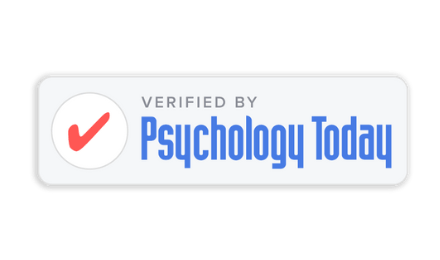Work anxiety is a common experience that can have a significant impact on our mental and emotional well-being. It can manifest in various ways and may differ from person to person. Recognizing the symptoms of work anxiety is crucial in identifying when additional support and self-care are needed. In this blog post, we will explore common symptoms of work anxiety and provide guidance on seeking support to navigate this challenging experience.
1. Physical Symptoms
Work anxiety can manifest in several physical symptoms, including:
- Increased heart rate or palpitations
- Sweating or trembling
- Headaches or migraines
- Upset stomach or digestive issues
- Muscle tension or aches
- Fatigue or insomnia
- Shortness of breath or feeling of suffocation
These physical symptoms may arise as a result of the body’s stress response. If you notice persistent physical symptoms related to work, it is essential to consider the possibility of work-related anxiety.
2. Emotional Symptoms
Emotional symptoms are another common aspect of work anxiety. These may include:
- Excessive worry or racing thoughts about work-related matters
- Feeling overwhelmed or on edge
- Irritability or mood swings
- Difficulty concentrating or making decisions
- Restlessness or feeling on edge
- Feeling a sense of impending doom or doom-related thoughts
These emotional symptoms can significantly impact your mental well-being and overall quality of life. Recognizing and acknowledging these emotions is an essential step towards seeking support.
3. Behavioral Symptoms
Work anxiety can also manifest in certain behavioral patterns, such as:
- Avoidance of work-related tasks or situations that trigger anxiety
- Procrastination or difficulty initiating tasks
- Difficulty with time management and meeting deadlines
- Increased reliance on unhealthy coping mechanisms, such as excessive caffeine or alcohol consumption
- Withdrawal from social interactions with colleagues
- Increased absenteeism or presenteeism (being physically present but mentally disengaged)
These behavioral symptoms can interfere with work performance and overall productivity, further exacerbating work anxiety.
4. Cognitive Symptoms
Work anxiety can affect cognitive functioning and how we process information. Common cognitive symptoms of work anxiety include:
- Racing thoughts or difficulty quieting the mind
- Negative self-talk and self-doubt
- Catastrophic thinking or imagining worst-case scenarios
- Difficulty concentrating or focusing on tasks
- Memory problems or forgetfulness
- Self-criticism or excessive perfectionism
These cognitive symptoms can create additional stress and hinder our ability to perform tasks effectively.
Seeking Support
If you identify with any of these symptoms, it may be time to seek support to address work anxiety. Consider the following steps:
- Self-reflection: Take time to reflect on your experiences and identify specific triggers or stressors at work.
- Reach out to a trusted colleague or supervisor: Sharing your concerns with someone you trust at work can provide valuable insights and support.
- Consider therapy or counseling: A mental health professional can help you explore the underlying causes of work anxiety and develop coping strategies to manage it effectively.
- Practice self-care: Prioritize self-care activities such as exercise, mindfulness, and engaging in hobbies outside of work. These practices can help alleviate work-related stress and promote overall well-being.
- Set boundaries: Establishing clear boundaries between work and personal life can help reduce work-related stress and create a healthier work-life balance.
Conclusion
Recognizing the symptoms of work anxiety is crucial in understanding when additional support and self-care are needed. By paying attention to physical, emotional, behavioral, and cognitive symptoms, you can take proactive steps towards seeking support and managing work anxiety effectively. Remember, you don’t have to navigate work anxiety alone. Reach out to trusted individuals and professionals who can provide guidance and support on your journey towards better well-being in the workplace.








